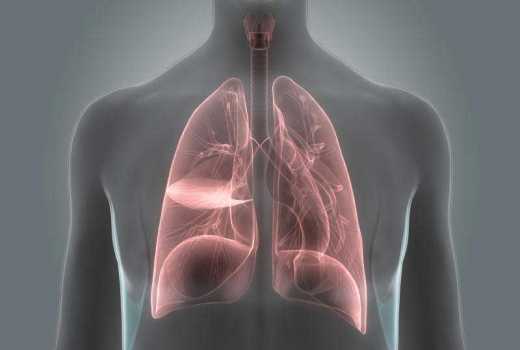×
The Standard e-Paper
Join Thousands Daily

At the Kenyatta National Hospital’s (KNH) male “Blue Team” section in Ward 8D, Joseph Mwangi is receiving special focus unique to his condition.
Barely audible, Mwangi whispers after inquiry by doctors following a relapse triggered by failure to maintain the strict treatment regimen to tame the disease.